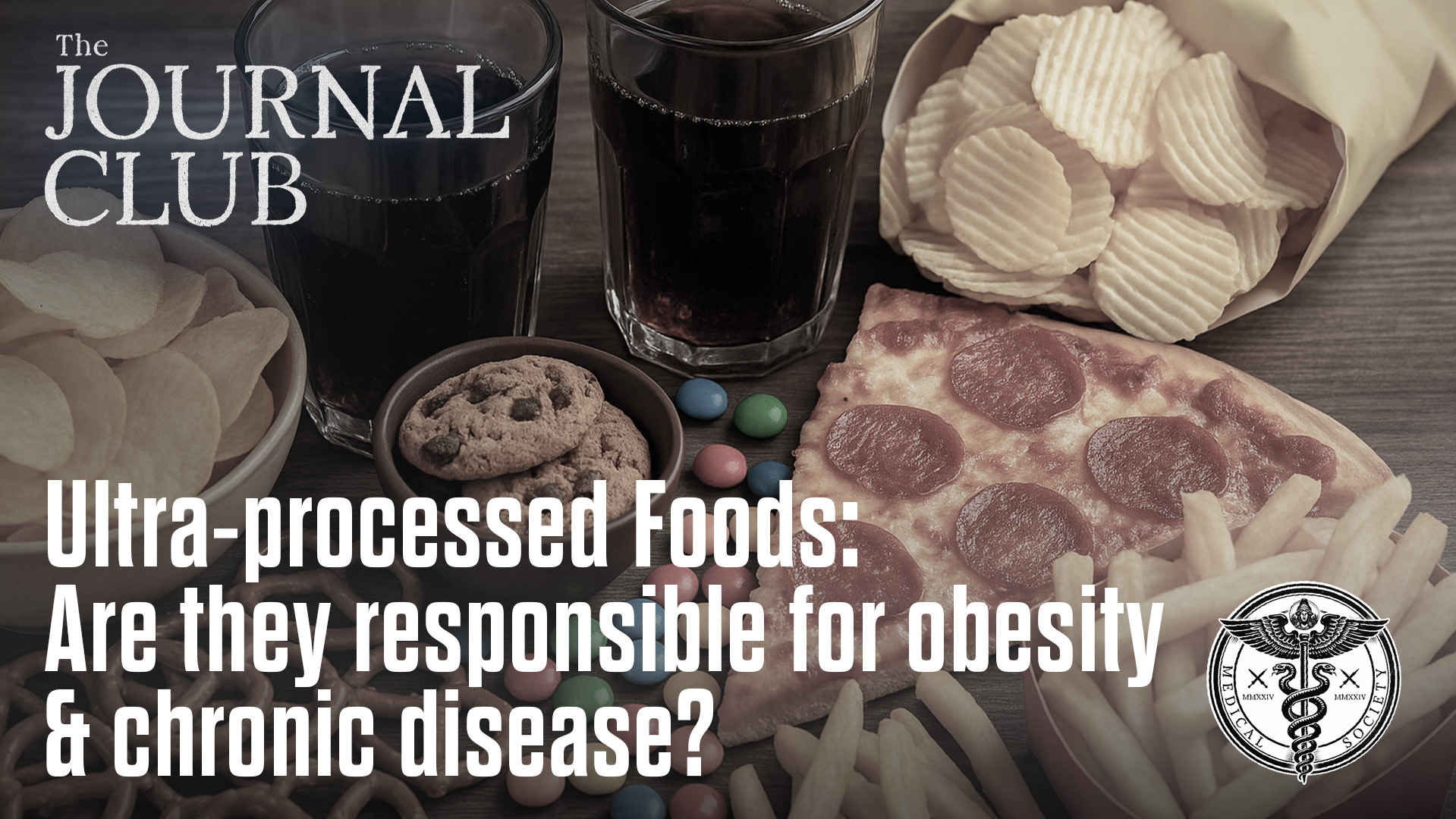On August 29, 2025, the BSI Medical Society Journal Club, hosted by Bob Kaplan with contributions from Pete Shaw, examined “Insulin Resistance is a Cellular Antioxidant Defense Mechanism” (Hoehn et al., 2009), a paper proposing that insulin resistance (IR) may serve as a protective cellular response to nutrient excess rather than a pathological defect. The discussion highlighted that across multiple experimental models—chronic insulin exposure, inflammation, corticosteroids, and lipid overload—insulin resistance coincided with increased mitochondrial reactive oxygen species (ROS), particularly superoxide. Hoehn’s team demonstrated that reducing mitochondrial ROS through uncouplers, electron transport chain inhibitors, or mitochondria-targeted antioxidants restored insulin sensitivity, while inducing ROS directly could trigger IR. The group underscored how these findings place mitochondrial ROS at the crossroads of energy metabolism and signaling, reframing insulin resistance as an adaptive mechanism to limit further nutrient influx and oxidative stress when cells are energetically saturated.
To broaden this framework, Bob and Pete connected Hoehn’s findings to the companion paper “ROS Are Good” (Mittler, 2017), which argues that ROS are not merely toxic byproducts but essential signaling molecules required for cellular proliferation, differentiation, and metabolic regulation. Together, the two studies highlight a continuum of redox biology in which ROS serve as both life-supporting signals and protective brakes against energy overload. In this light, insulin resistance represents the complementary “energy surplus” signal—a redox-based mechanism that protects mitochondria from excessive substrate flux. The presenters also examined the nuanced implications for diet, fat quality, and antioxidant therapy, warning that indiscriminate ROS suppression might impair essential signaling. Participants reflected on how this reframing challenges conventional approaches to diabetes treatment, suggesting that insulin resistance may be a context-dependent, protective response rather than a simple metabolic failure.
A 10-minute summary of the webinar is available here free, for anyone, while the full video is available for Medical Society Members and MetFix affiliates in their dashboard.
Bob Kaplan is an independent research analyst. Bob previously served as director of research at Early Medical, contributing to The Drive podcast with Peter Attia and its other properties. Kaplan was a researcher at the Nutrition Science Initiative (NuSI), and an exercise physiologist at the University of Nevada, Las Vegas. His current and previous research interests include meta-research, chronic diseases, bioenergetics, exercise physiology, and nutrition.
Support the Broken Science Initiative.
Subscribe today →
recent posts
Can we preserve muscle while eating less often?
Medical Society Webinar with David Wiss


